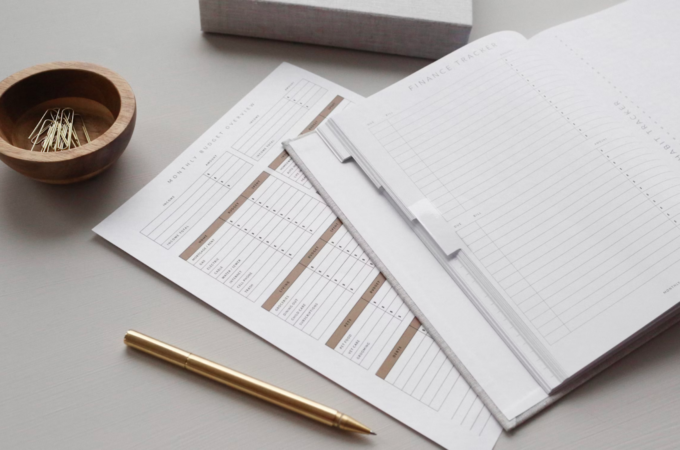
Financial Habits of Successful People
Many people in the world try to achieve success. However, not everyone who seeks success manages to become successful. There are several financial habits of successful people that you can implement to achieve your definition of success.
Some of the habits are simple, while others require discipline and persistence. Read on to learn these habits and other resourceful money tips.
Practicing Mindfulness by Creating Meaningful Routines

Mindfulness is a mental state of being conscious of your actions at the moment. It may include anything from understanding how your body feels currently to feeling your thoughts.
Mindfulness involves tuning into the present moment, allowing you to live fully instead of regurgitating the past or worrying about the future. According to research from Johns Hopkins University, practicing mindfulness helps relieve anxiety, depression, and pain.
Additionally, the practice promotes a better work ethic, productivity, and even financial habits. Common ways to practice mindfulness include journaling, focused breathing, taking pauses, and exercise.
However, practicing mindfulness in the following ways will help improve your finances:
- Avoid impulse buying – If you have a problem with making impulse purchases that you end up regretting, staying present will help you keep your buying habits in check. Pausing before pulling out your credit card or clicking the buy button online is an effective way to be mindful of your finances.
- Dedicate time to evaluate your finances – Successful people are consistent with their money management. Set aside at least 30 minutes a week for your financial tasks like paying bills, evaluating financial transactions, and taking stock of your progress in pursuing your goals.
- Avoid worrying about things you can’t control – Holding negative thoughts about something for an extended period, especially money, can cause undue stress and weaken your peace of mind. If you notice that you are worried about things that are beyond your control, such as a job loss, divert your attention to something you can control.Master the Art Of Budgeting
A list of money-saving tips can’t be complete without some budgeting tips. Budgeting has helped many successful people reach their financial goals and dreams, in addition to eliminating all the emotions of managing their finances.
If done correctly, budgeting will help you:
- Avoid debt anxiety
- Minimize or eliminate expenses
- Save for future goals
- Plan for emergencies
- Prioritize saving and spending
While there are many ways to create a financial budget, they all entail making projections for income and expenditure. The income and expenditure categories that make up your budget will depend on your specific situation and can change from time to time.
Income may include salaries, bonuses, tips, Social Security benefits, retirement income, and rent. Expenses, on the other hand, may include debt payments, childcare, education, housing, healthcare, utilities, and entertainment.
After making the appropriate projections of your income and expenses, subtract the expenses from the income. If there’s any money left over, you have a surplus. You can find a way to spend, save, or invest the surplus amount.
If your expenses are more than your income, you’ll need to adjust your budget by working more hours to increase your revenue or by cutting down your expenses. One of the best ways to reduce your expenses is to lower your utility costs by using one of the cheapest yet reliable energy companies in Dallas.
Maintaining A Healthy Lifestyle

In addition to implementing frugal tips, research shows that financially successful people eat healthy foods, monitor their calorie intake, and exercise three or more times a week. By maintaining a healthy lifestyle, you can not only get your body in good shape, but your finances will also look fitter than ever.
Here are a few simple tips for leading a healthy lifestyle:
Eat A Variety of Foods
You need more than 40 different nutrients to stay healthy. One type of food cannot supply all these nutrients.
Focus on eating a balanced diet, comprising a variety of foods. For example, you may take a high-fat lunch and a low-fat dinner.
Drinks Lots of Fluids
Focus on drinking at least 1.5 liters of fluid every day. You’ll need more fluids when you are physically active or during hot days. While fruit juices, soft drinks, tea, and milk are all fine, nutrition experts recommend water.
Keep a Healthy Body Weight
The ideal body weight for every person depends on factors such as age, height, gender, and genes. Being overweight or obese increases your risk of various diseases, including heart disease, diabetes, and cancer. Being physically active and limiting your calorie intake are some of the best ways to keep your body weight in check.




